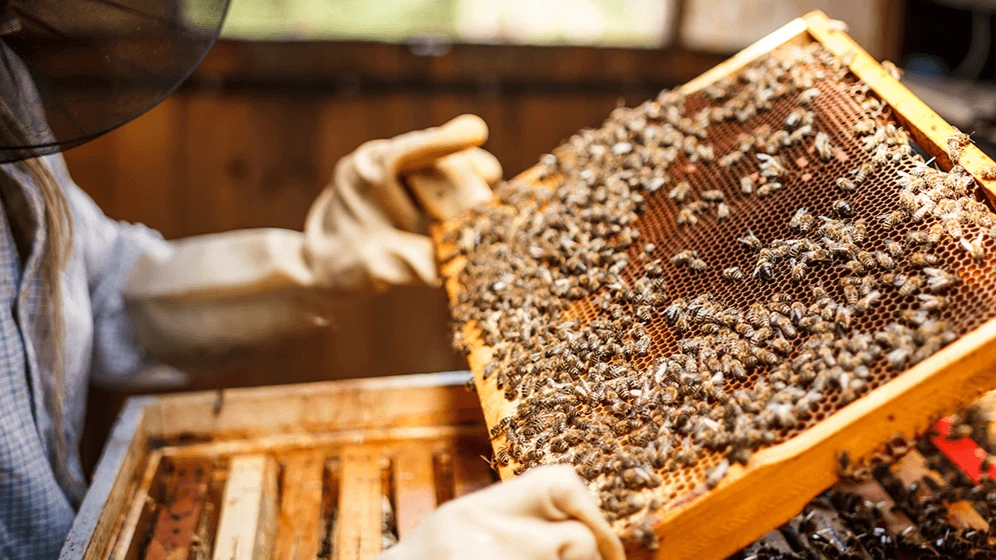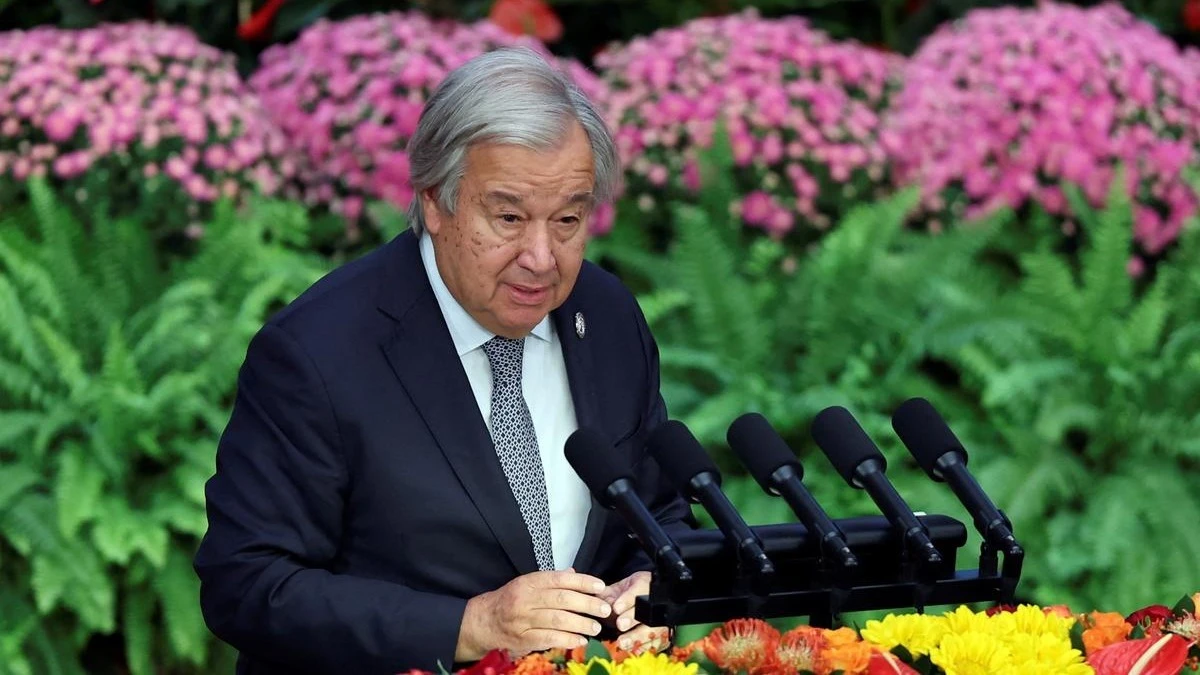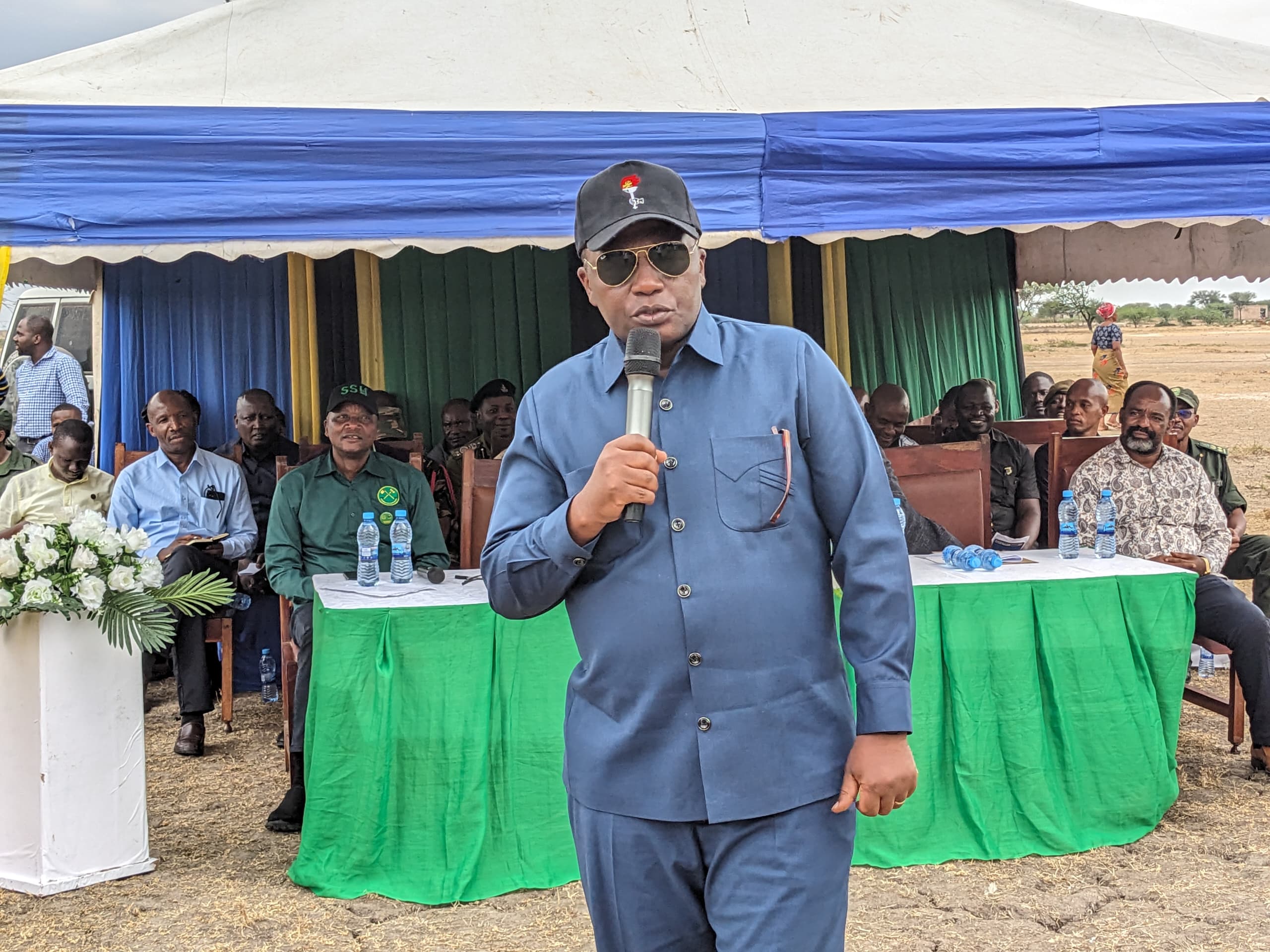TAFORI don urges take up of forestry, beekeeping

INDIVIDUALS are welcome to invest in forestry and beekeeping while adhering to research-based practices to benefit from the country’s forest resources, a service agency has stated.
Dr Chelestino Balama, the director of forest utilization research at the Tanzania Forest Research Institute (TAFORI) issued this invitation here yesterday when addressing a team of forestry and beekeeping artisans and journalists who paid a visit to TAFORI offices as part of a learning tour on some ongoing research projects.
Investing in the forestry sector boosts incomes and assists in protecting biodiversity for sustainable development, he said, explaining that TAFORI conducts research that helps to improve community incomes and boost the national economy.
One such research project focuses on tree planting in various areas to provide accurate information on suitable tree species for specific regions, he said, pointing out that it is encouraging that many youths are engaging in this activity, helping to diminish their pursuit of regular employment.
The institution analyses different tree or seed species to understand their contribution to conserving ecosystems at various places as well as targeted raw materials in the forestry industry, he said.
This activity has a significant contribution to job creation for young people involved in the entire forest value chain, he asserted, while Dr Stephen Maduka, TAFORI senior research officer, highlighted other innovations.
He explained the setting up of a research tree nursery designed to preserve and multiply seedlings of Indigenous trees, identifying valuable inclusions known locally as mkurungu, msandali and msekeseke.
These tree types are extensively harvested for making furniture, he said, noting that the work will considerably help in enhancing the value of native fruit trees.
Allen Kazimoto, the acting director of beekeeping research, encouraged young men and women generally to actively engage in beekeeping, after learning the tools to ensure the quality of bee products at par with local and international market standards.
Farmers near honey-producing zones need to stop using agricultural pesticides that lead to sharp declines in the bee populations, he stated
TAFORI research programmes and training the next generation of forestry researchers and professionals were being pursued through its educational and outreach programmes, he added.
Top Headlines
© 2024 IPPMEDIA.COM. ALL RIGHTS RESERVED








![The CEO of Flightlink Limited Mr. Munawer Dhirani and DTB Tanzania CEO, Mr. Ravneet Chowdhury [center] during the unveiling ceremony of the 72-seater ATR 500 aircraft over the weekend. Other officials present at the function are Chief Operating Officer.](https://ippmedia.com/storage/post-feature-images/01J75Y6DM8PY93SGFZD4GYPXJ4.webp )













